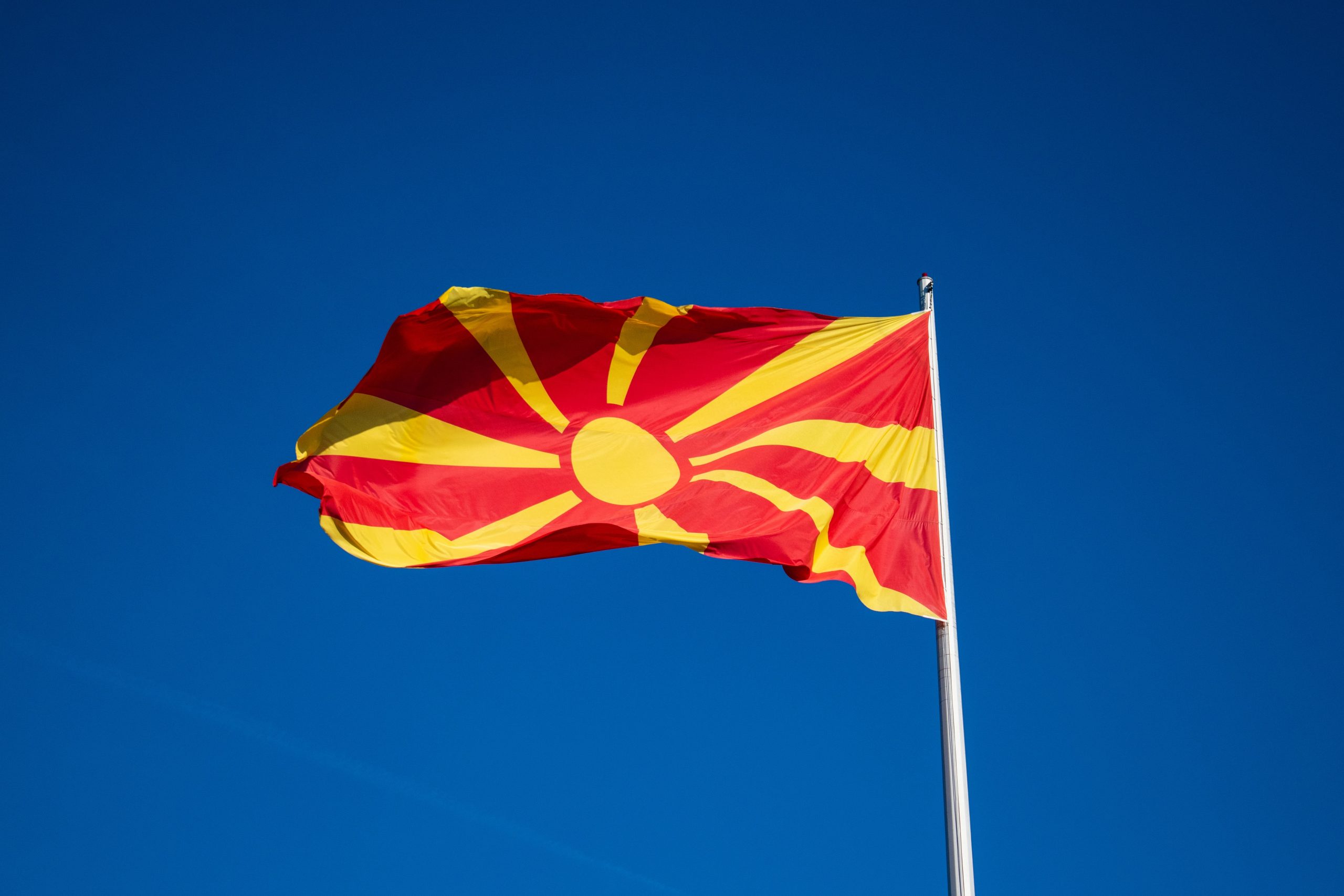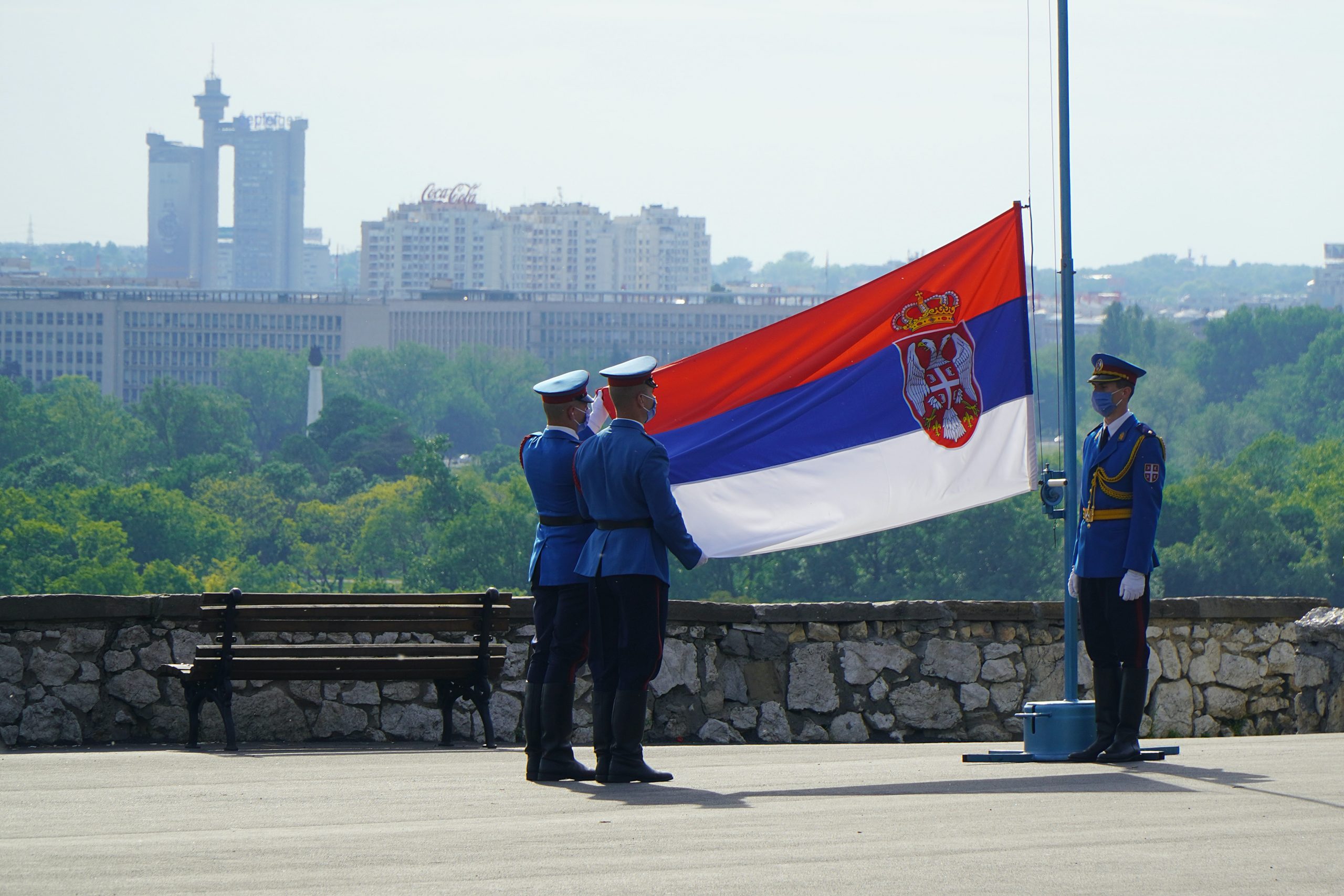Author: Dimitar Stevcev

Accession process Of Western-Balkan(Bosnia and Herzegovina, Serbia, Montenegro, North Macedonia, Albania) has been a topic in European Union Since the start of the century but progress can be described as very slow. Studies suggest that EU is experiencing “Enlargement fatigue”.
Nonetheless, The public opinion in the region continues to be overwhelmingly in favour of membership to the European Union (82.5% on average), and even in Serbia – the region’s biggest sceptic – a majority of 64.1% of respondents support their country’s goal of joining the EU, according to a recent Ipsos survey, commissioned by the European Fund for the Balkans in October 2020. The findings were presented at the online policy dialogue “Public opinion on European integration in the Balkans: Still a story of passive consensus?”, organized by the European Policy Centre in cooperation with the Balkans in Europe Policy Advisory Group (BiEPAG) on Friday, 11 December, 2020. Nikolaos Tzifakis, Chair of the Department of Political Science and International Relations at the University of Peloponnese and BiEPAG member, explains that the results seem impressive. When asked are the citizens in favour of your country joining the EU, the highest approval rate have Kosovo and Albania, while the support for the accession to the EU is the lowest in Serbia, with only 60%.
With so much optimism and faith, the questions arises: What is preventing these nations from becoming members of EU? Multiple reasons can be found, some more worrying than others. In principle, EU accession criteria are supposed to apply universally to aspiring countries (for instance, reforming the judiciary, guaranteeing freedom of the media, eradicating corruption, strengthening the rule of law). In practice, however, the EU has applied different and inconsistent accession standards to each country under consideration. This “differentiated integration” policy has become a contentious matter in Balkans, where it is considered to be a double-edged sword: On the positive side, the policy is “flexible,” supposedly allowing each country to meet accession standards at its own pace. On the negative side, however, this policy is perceived as unpredictable at best and as inconsistent and discriminatory at worst. But while the EU does contribute to the complications of joining for these countries they are the less determining factor and the biggest problems can be found in the political elites running these countries. Despite the rhetoric of many Balkan political elites that joining the European Union is their top priority and is ultimately inevitable, there is creeping popular skepticism regarding the EU’s approach to enlargement and its sincerity. Specifically, the peoples of the Balkans are expressing increasingly serious doubts whether they would truly become equal partners in Europe, even should their countries be admitted. the emergence of “elected” but dubiously legitimate regimes whose domestic policies have been leading their countries into economic decline; the growing frequency of human and civil rights being violated or eliminated; the continued presence if not growth of organized crime; and the increasing numbers of citizens of Western Balkan states who see no future in their home countries and who leave to settle in “Europe” – whether legally or otherwise

Whereas the political classes of the Balkans have become adept at identifying and complying with this indeterminate accession process, for the average person in the aspiring countries of South Eastern Europe such back and forth makes the perspective of joining the EU dubious at best. While Brussels blames local political elites for their failure to comply sufficiently with accession criteria, local politicians are able to maintain (if not strengthen) their hold on power by pointing to Brussels for its refusal to recognize the progress that their countries have actually accomplished. This vicious circle serves the interests both within anti-expansion EU member states and among Balkan political classes: Anti-enlargement members of European parliaments can maintain the fiction that they favor a united continent and that they are still sincerely in favor of eventual European expansion, while their actions preclude actual enlargement from taking place. Simultaneously, oligarchs in the Balkans are able to justify their current domestic policies, arguing that only they have the needs and aspirations of their citizens at heart.
The burden falls on the people of Western-Balkan. Choosing the representatives who will be serious about joining the EU and getting rid of political elites who are not working in peoples best interests but only their own. Meanwhile, sceptics for enlargement will have no logical reason but to accept the real possibility of these countries joining the Union. Alas, maybe the people of Balkans are not ready yet for such a responsibility and it will probably take many years, even decades before we see new members joining the EU.

Nedavni komentarji